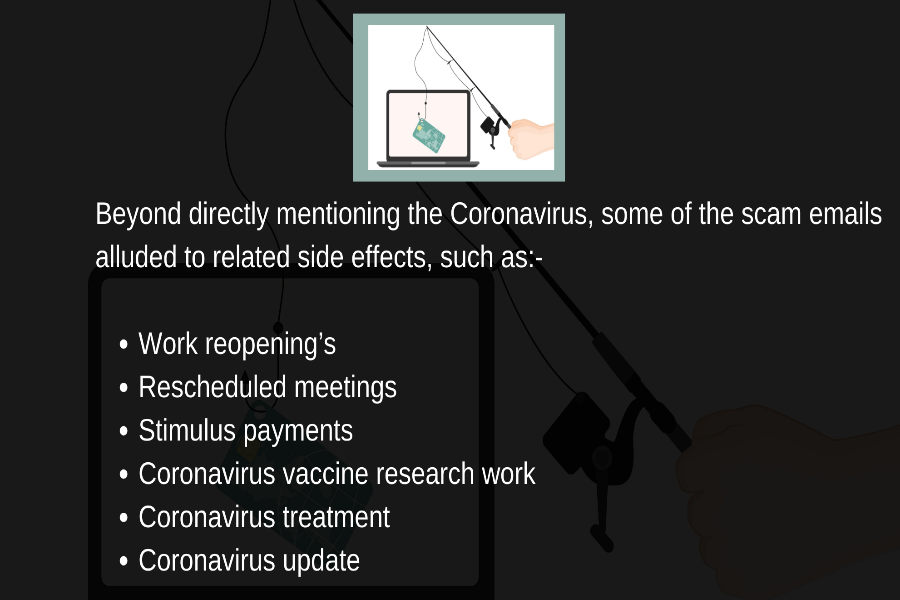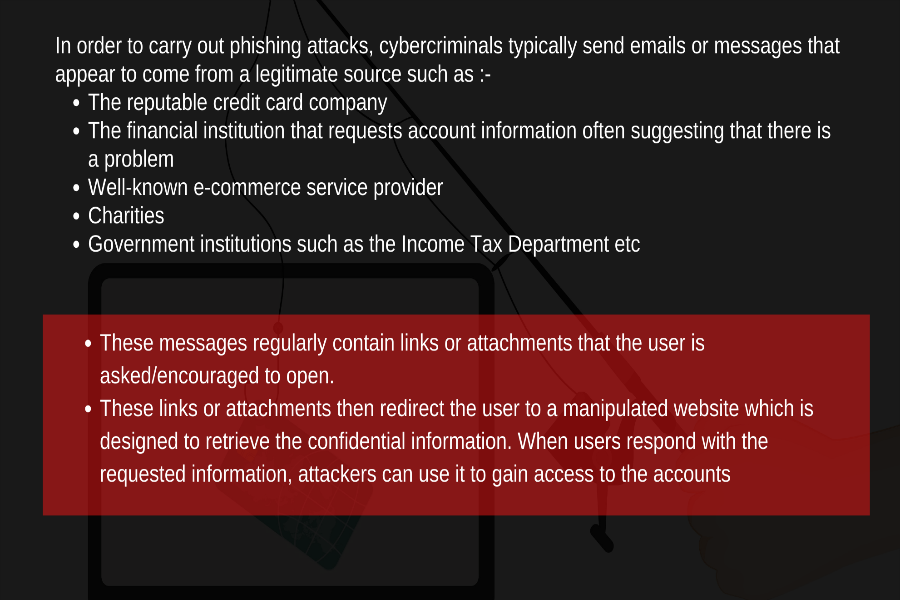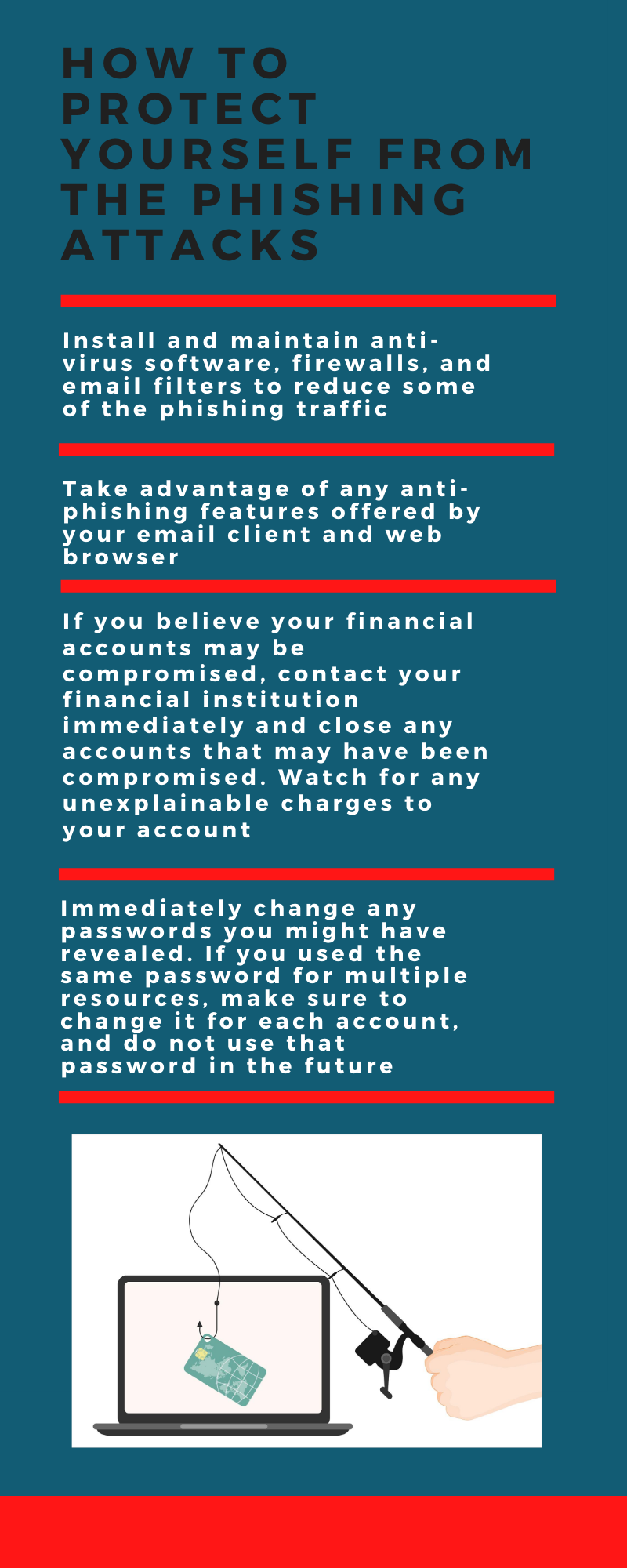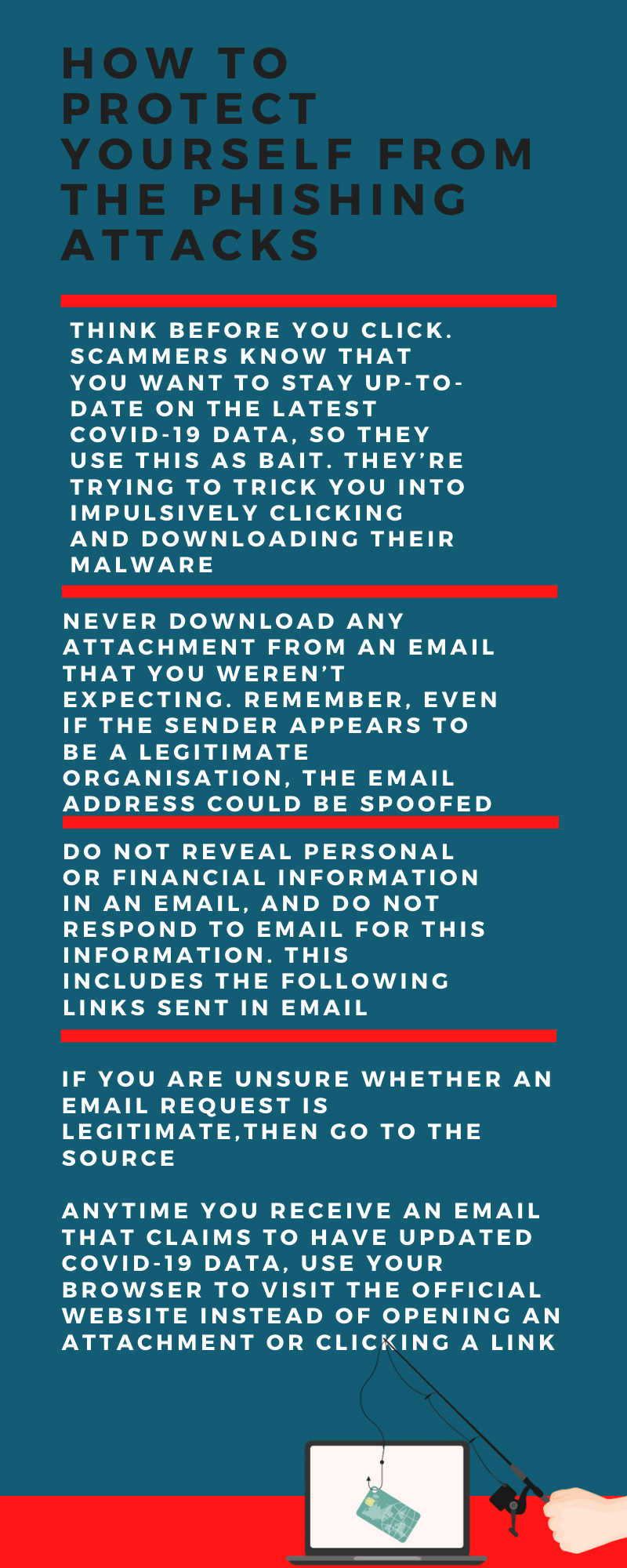
Think before You Click on the Emails, it Could be Phishing Emails. As COVID-19 began to spread rapidly, we have seen near-constant headlines of cyber-attacks hitting organizations and individuals in the midst of chaos. What to do and what no to do is explained by Col. Inderjeet Singh.
Delhi: Col. Inderjeet Singh, Cyber Security Expert, Director General, Cyber Security Association of India is talking about the email phishing attacks with subjects related to COVID-19. These attacks remained prevalent since Mar 2020, accounting for approximately 56% of all the email subject lines analyzed.

Phishing attacks are on the rise during the COVID-19 pandemic
In mid-March, a group of hackers began a sophisticated phishing effort against one of the Czech Republic’s leading hospitals and COVID-19 testing facilities, which was hacked and forced to cancel procedures and shift patients to other hospitals as a result of the assault.
Also Read: New BlackRock Android malware can steal User Data from 337 Apps
In March, cybercriminals started a phishing effort aimed at the World Health Organization (WHO). According to experts, the attack was carried out by a sophisticated nation-state organisation with the purpose of collecting credentials used by WHO staff to access crucial systems and apps. There have also been rises in financially driven assaults, which appeared to climax as the COVID-19 expanded over the world.
Phishing attacks impersonate a trustworthy institution and ask for personal information via email or malicious websites. Social engineering is a type of phishing. As the epidemic spreads, phishing assaults are getting more aggressive, concentrated, and targeted. Any correspondence relating to COVID-19 that arrived in their mailbox would have to be treated with caution.

Cybercriminals are playing on people’s vulnerabilities during these trying times and leveraging it to steal personal information and financial data. In addition, since the COVID epidemic pushes traffic to stream sites, fraudsters have begun to exploit phishing (similar-looking) streaming sites like Netflix, Apple TV Plus, and Amazon Prime Video to deceive unwary customers.
Also Read: phishing-campaign-20-lakh-indians-in-north-korean-hacker-groups-crosshairs/na20200620191434689
Furthermore, video and chat programmes such as Microsoft Teams, WebEx, Zoom, and Google Meet have become the organization’s new face during this period of remote work. Attackers have added these cloud-based applications to their phishing list, and they’re utilising the same broad strategies they’ve been doing with email for years.
During this period, attackers broadened their scope to include other industries, including research and development and biotechnology firms seeking to produce a Coronavirus vaccine. Cybercriminals with a variety of objectives have escalated their assaults as more organisations advance their vaccine research. There are a few things you can do to defend yourself from these attacks:

Ways to protect yourself from phishing attacks

Ways to protect yourself from phishing attacks
Col. Inderjeet Singh strongly says “Being aware of the risks means that you are less likely to be impacted by these phishing scams. Cyber awareness and data security go hand in hand, so it is important that you know how to spot phishing emails and how to respond when you are faced with one.”
Also Read: Threat Group APT29 targets COVID-19 Vaccine Development










